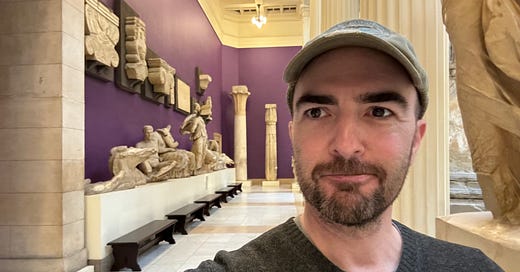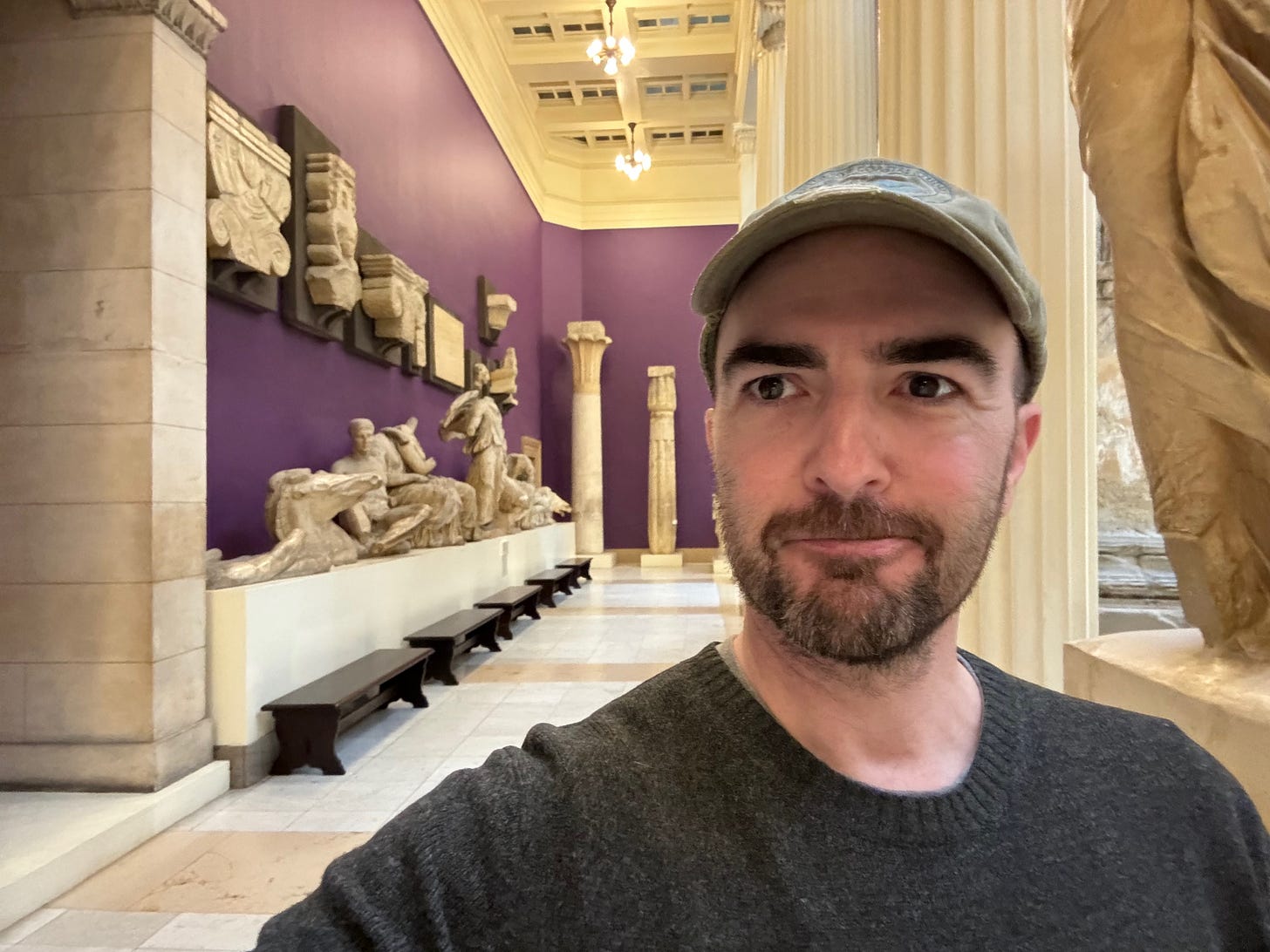About Ben Robbins
Ben Robbins joins us to share his experiences creating acclaimed RPGs like Microscope and In This World. Known for his innovative approach to role-playing, Ben's work on Microscope has revolutionized how players build and explore vast timelines without a game master. In this episode, we discuss the creative processes behind his designs and his philosophy of making games that deepen connections among players to the use of Artificial Intelligence in games and creativity. Grab a notebook because you won’t want to miss the lessons Ben has to share. Tune in to discover how Ben Robbins has been redefining the landscape of RPGs since 2005, inspiring gamers to see the people across the table in a new light.
Ah-ha! Justin’s Takeaways
Games that bring players closer together. If you end up liking the people around the table just a bit more by the time the game wraps up, that’s the sign of a great game.
Set Playtester Expectations. When getting playtesters ready to play, don’t tell them it’s easy. Instead, inform playtesters that their role is important and that playtesting is challenging. By setting these expectations, you encourage them to take ownership of the experience, enhancing their impact and, often, their creativity during the game session.
Throw out your old rulebook! After demoing your game a lot, start fresh and rewrite the rules based on what you've learned (from memory) through play. This way, you ditch any unnecessary stuff from early versions and end up with something way better, tailored to how players actually get the hang of your game.
Want to support the podcast and get more design lessons?
Paying subscribers enjoy an abundance of extra game design content and an exclusive newsletter with new lessons, archive access, videos, and more! By opting for a free or paid subscription, you can get the latest articles delivered to your inbox and support this podcast!
“To me, that's the best part of the whole operation is this kind of like seeing people have better opinions about each other because they came together.” (00:00)
We start by exploring the unique philosophy of Ben's groundbreaking game, Microscope. Microscope is characterized by its non-linear gameplay and the absence of a game master. It focuses on collaboratively building timelines and forging histories among friends. Ben and I dig into the game's origins; Ben also shares motivations for its development.
“If you tell people they're doing something challenging, they're a little more forgiving, I think, of what happens.” (19:19)
Next, we discuss the tools and techniques Ben employs in game design, focusing specifically on playtesting and how he prepares playtesters. Ben tells us that establishing clear expectations with his gaming group is crucial to his approach. He explains that informing players about the challenges of testing a game, along with setting specific rules for the session, helps maintain a thoughtful atmosphere where players are less concerned about making mistakes.
“If you are not comfortable having really no idea what's going to happen financially, it's going to be rough. Maybe start off as a side gig, let it grow, let it develop.” (28:44)
Here, we explore why Ben ventured into game design, addressing the challenges of running a business and breaking into the industry. We also discuss the personal traits that steered him toward a career in game design.
“Can you put your brain in the brain of somebody else playing this game? Can you can you fully project yourself?” (35:00)
Ben introduces his latest project, "In This World," where players create multiple unique worlds from a core principle—religion, politics, technology, history—moving away from the single timeline approach seen in Microscope. The game focuses on exploring a specific topic across diverse worlds, reimaging those worlds again and again. We discuss how Ben's games are particularly adept at fostering creativity, showcasing their exceptional ability to inspire creativity. Additionally, we revisit the roleplaying mechanics of Fiasco, designed by Jason Morningstar, whom we interviewed in our previous episode.
“My games never tell people what to think.” (54:10)
We discuss the process of developing game rules. Ben points out how playing with strangers can sharpen a crucial skill for any game designer: the ability to interpret others’ gaming experiences. This insight is vital for refining game designs as you iterate. We also explore the role of AI in game design and examine how games serve as a tool to connect people across the world.
You can find more from Ben Robbins at his website: https://arsludi.lamemage.com/















Share this post